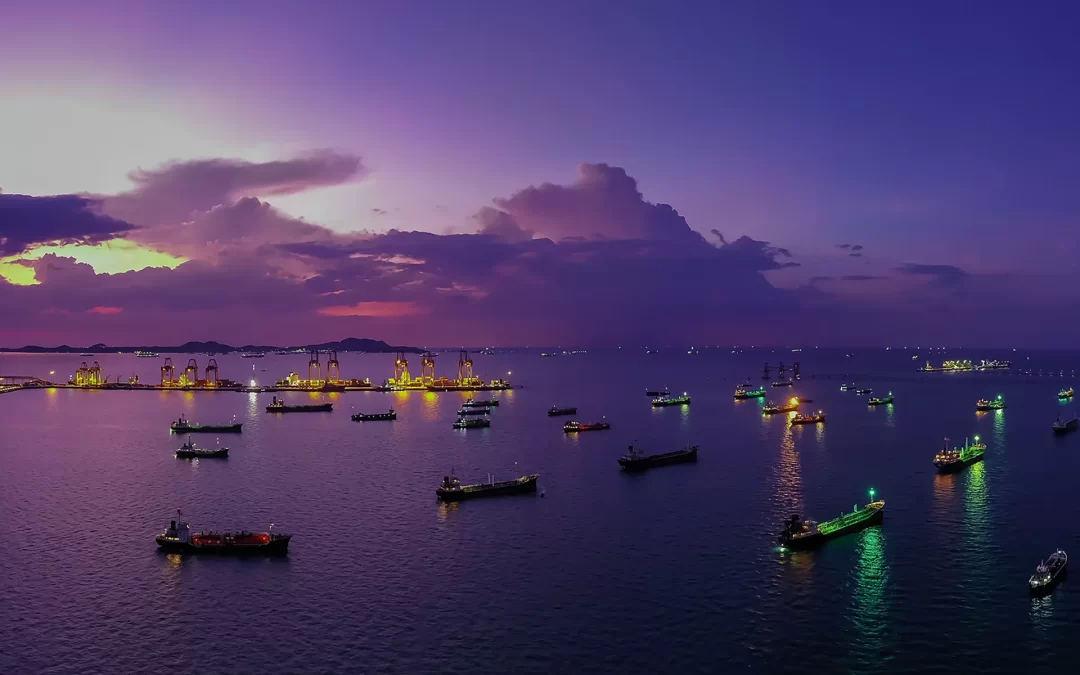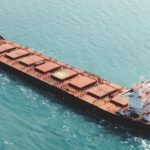Every day, Offshore Support Vessels (OSVs) generate vast amounts of operational data, from fuel consumption to emissions tracking, operations/activities, vessel positions engine maintenance and performance metrics etc. Yet much of this valuable information remains fragmented, locked within incompatible formats and inconsistent reporting systems. Without a common framework for data interpretation, the industry risks inefficiencies, supply chain disruption, safety, missed opportunities, and compliance challenges. Opsealog’s recent research highlights how data standardisation represents the next great revolution in maritime operations – a transformation that can drive marine supply chain efficiency, transparency, and smarter decision-making across the entire sector.
A lack of standardisation can have tangible negative consequences. For example, misinterpretations between speed units – knots versus statute miles – can result in significant planning errors. Inconsistent fuel monitoring formats may lead to discrepancies in consumption reporting, affecting cost control and emissions compliance. By implementing standardised data practices, the industry can mitigate these risks, ensuring that data from different vessels, fleets, and operators speaks the same language.
Unlocking efficiency and sustainability
Beyond avoiding errors, standardised data plays a critical role in optimising vessel performance, reducing costs, and ensuring compliance with evolving environmental regulations. When data is consistent and comparable across a fleet, operators can track and analyse key performance indicators such as fuel efficiency, vessel capacity usage optimisation, engine health, and voyage optimisation. This allows them to identify inefficiencies, make informed decisions, and implement strategies that reduce fuel consumption and operational expenses and reduce risk in terms of safety and logistics supply chain. Additionally, harmonised data enables predictive maintenance by detecting early warning signs of mechanical failure. A proactive maintenance approach helps prevent costly breakdowns, extends asset lifespans, and improves fleet reliability.
Regulatory compliance is another area where standardisation offers substantial advantages. With increasing scrutiny on emissions and environmental impact, OSV operators must ensure the accuracy and consistency of reported data. Standardised reporting simplifies adherence to international regulatory frameworks such as the International Maritime Organization’s (IMO) decarbonisation goals and the European Union’s emissions trading scheme. In an era where transparency and accountability are paramount, standardised data also fosters stronger collaboration between shipowners, charterers, and regulatory bodies. A unified reporting framework enhances trust, reduces contractual disputes, and ensures that all stakeholders have a clear understanding of vessel performance.
Industry initiatives driving change
Recognising the importance of data standardisation, the maritime sector has already taken steps toward harmonising reporting frameworks. The Smart Maritime Council’s Standardised Vessel Dataset for Noon Reports is one example of an initiative designed to reduce inconsistencies and facilitate seamless data exchange across the industry. Another key development is the Energy LEAP Vessel Emissions Reporting Standard, which is supported by major energy companies and aims to create a unified emissions tracking system for regulatory compliance. The International Support Vessel Owners Association (ISOA) has also introduced data standardisation guidelines that go beyond noon reporting, emphasising the need for transparent and credible performance data. These efforts highlight a growing industry consensus that standardisation is a necessary step toward achieving efficiency, sustainability, and technological innovation.
Challenges to implementation
Despite the clear benefits, implementing data standardisation is not without its challenges. Concerns around data security, ownership rights, and the integration of legacy systems can slow adoption. However, these obstacles can be addressed through the development of robust governance frameworks that define clear policies for data ownership, access rights, and cybersecurity.
Ensuring that operational data remains secure while still being accessible for analysis is key to industry-wide adoption. Moreover, collaboration between shipowners, charterers, technology providers, and regulatory bodies will be essential in creating and maintaining universally accepted standards. Investment in digital infrastructure and modern data collection systems will also be necessary to support successful and scalable standardisation efforts.
Future proofing the OSV sector
The standardisation of maritime data is more than just a technical upgrade – it is a transformative shift that will define the future of the OSV sector. By embracing standardised data practices, operators can enhance efficiency, improve decision-making, and position themselves as leaders in sustainability and innovation. The transition to standardised data requires commitment and investment, but the long-term rewards are clear.
Those who take proactive steps toward standardisation today will be better prepared to navigate future regulatory changes, optimisation of fleet operations, and remaining competitive in an evolving industry when it comes to retrofitting, innovation and new builds. As the industry moves toward cleaner technologies and alternative fuels, standardised data will be the backbone of innovation. It will enable operators to effectively manage and optimise emerging technologies, ensure compliance with evolving regulations, and drive greater efficiency across their fleets. The time to act is now – data standardisation is the key to unlocking a more sustainable, transparent, and competitive OSV sector.
Source: By Arnaud Dianoux, Founder & Managing Director, Opsealog






